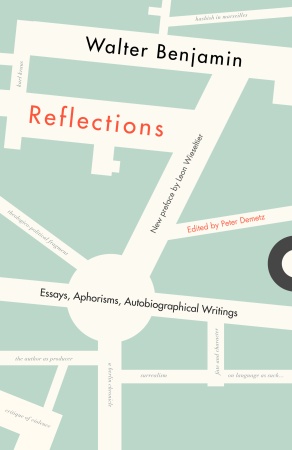my love letter April 24.13
To My Dearest,
I remember the first time I laid my eyes upon you. It was pitch dark, a bright light and a few hundred people munching popcorn. There was a brief silence and then the lights and sounds of music took over. You swept me away that very instant. You've had me in your arms. I'll never let you go. Be mine, till the lights slowly dim, the people leave and sounds go silent. I'll be sitting right there waiting for you, the special "L" row aisle seat. Our home forever.
Your Biggest Lover
Anish Kuruviila (Type your names)
To My Dearest,
I remember the first time I laid my eyes upon you. It was pitch dark, a bright light and a few hundred people munching popcorn. There was a brief silence and then the lights and sounds of music took over. You swept me away that very instant. You've had me in your arms. I'll never let you go. Be mine, till the lights slowly dim, the people leave and sounds go silent. I'll be sitting right there waiting for you, the special "L" row aisle seat. Our home forever.
Your Biggest Lover
Anish Kuruviila (Type your names)






